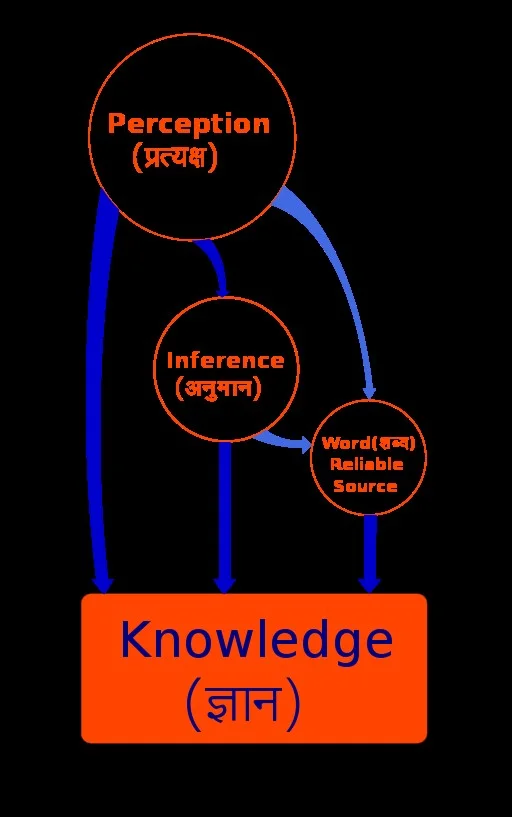Pramana is the way to understand and internalize Vedanta
Vedanta is a philosophy that has been studied and practiced for thousands of years. It is believed to be one of the oldest philosophical systems in the world. Vedanta teaches that we are not separate from the universe, but rather, we are a part of it. In order to understand this philosophy, it is important to uncover the foundations of Vedanta, which are rooted in six pramana. The six pramana are the means of knowledge that help us understand ourselves and the world around us.
Uncovering the Foundations of Vedanta
The Upanishads teach that the ultimate reality is Brahman, which is the source of all existence. Brahman is often described as infinite, eternal, and unchanging. The Upanishads also teach that the individual self, or atman, is not separate from Brahman, but is rather a part of it.
Vedanta teaches that the goal of human life is to realize this truth and to attain liberation, which is freedom from the cycle of birth and death. In order to attain liberation, it is necessary to understand the six pramana.
The Six Pramana: A Journey of Self-Discovery
The six pramana as per Sankhya philosophy are the means of knowledge that help us understand ourselves and the world around us. They are:
- Pratyaksha (Direct Perception)
- Anumana (Inference)
- Upamana (Comparison)
- Sabda (Testimony)
- Arthapatti (Presumption)
- Anupalabdhi (Non-apprehension)
Pratyaksha is direct perception, which is knowledge gained through the five senses. This is the most common means of knowledge and is the most reliable. Anumana is knowledge gained through inference, which is based on a logical deduction. Upamana is knowledge gained through comparison, which is based on the similarity between two things. Sabda is knowledge gained through testimony, which is based on the word of authority. Arthapatti is knowledge gained through presumption, which is based on the assumption that something must be true in order for something else to be true. Anupalabdhi is knowledge gained through non-apprehension, which is the knowledge that something does not exist.
By understanding the six pramana, we can gain a deeper understanding of ourselves and the world around us. We can use these means of knowledge to understand the nature of reality and to attain liberation.
In conclusion, Vedanta is a philosophy that is based on the teachings of the Upanishads. It teaches that the ultimate reality is Brahman and that the goal of human life is to attain liberation. The six pramana are the means of knowledge that help us understand ourselves and the world around us. By understanding the six pramana, we can gain a deeper understanding of ourselves and the world around us. We can use these means of knowledge to understand the nature of reality and to attain liberation.
The Below video explains them in more detail
Image credit
Ms Sarah Welch, CC BY-SA 4.0, via Wikimedia Commons
